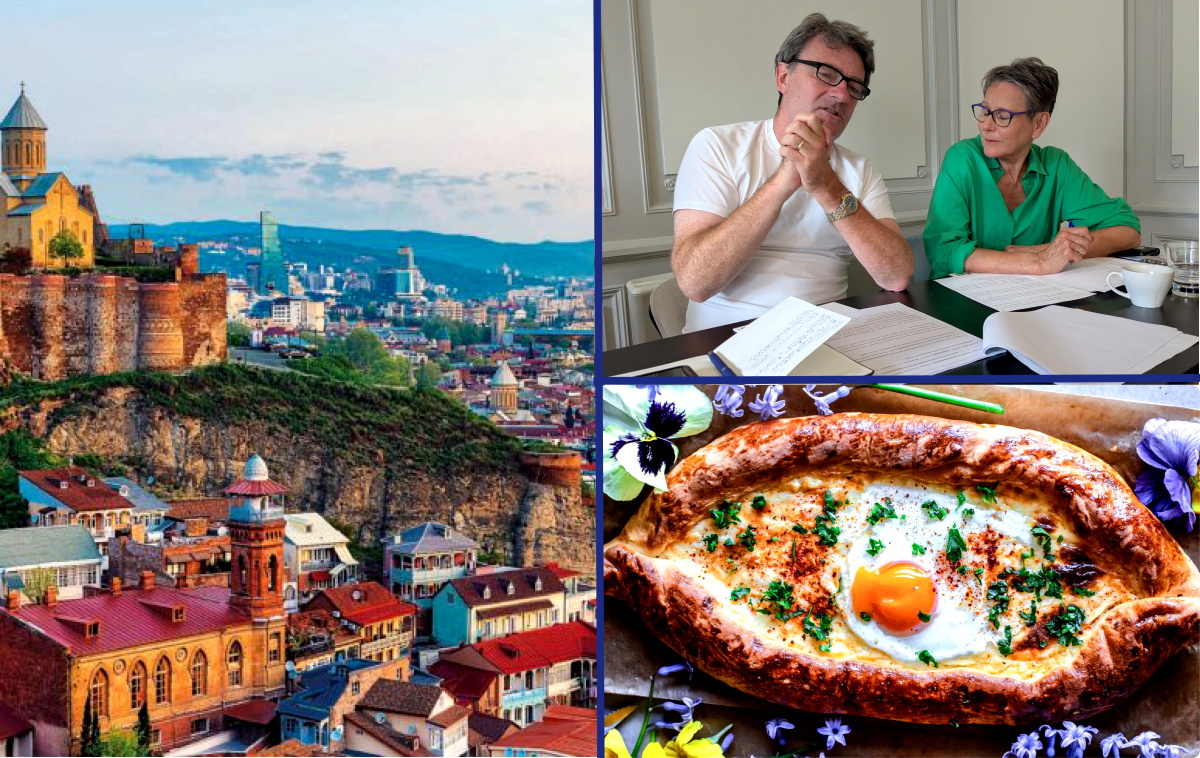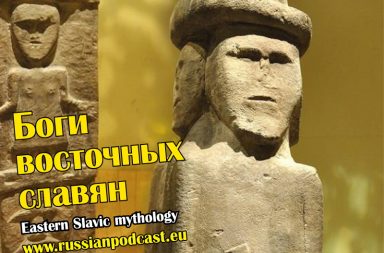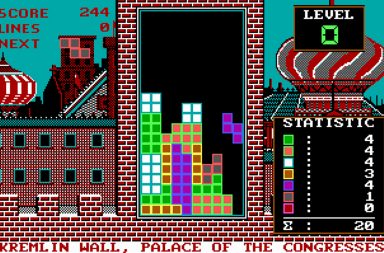Знаете ли вы мифы, которые объясняют разнообразие языков в мире? Давайте сегодня посмотрим на известный миф Старого Завета: историю Вавилонской Башни.
“Когда-то, очень давно, все люди на земле говорили на одном языке. У них не было переводчиков, словарей и онлайн-курсов. Они понимали друг друга без усилий – просто говорили, и всё было ясно.
Жизнь шла спокойно, может быть, даже слишком спокойно. Поэтому однажды людям захотелось чего-то грандиозного. И вот жители Вавилона решили построить огромную башню. Настоящий небоскрёб древнего мира.
Do you know any myths that explain the diversity of languages in the world? Today, let’s look at the myth known to us from the Old Testament: the story of the Tower of Babel.
“Once upon a time, a very long time ago, all the people on earth spoke the same language. They had no translators, dictionaries, or online courses. They understood each other effortlessly. They simply spoke to each other, and everything was clear.
Life was peaceful, perhaps even too peaceful. So one day, people wanted something grandiose. So the inhabitants of Babylon decided to build a huge tower. A true skyscraper of the ancient world.
Башня должна была дотянуться до неба. Люди хотели, чтобы о них говорили: какой народ, какие строители! И они начали работать. Кирпич за кирпичом, день за днём, всё выше и выше.
На стройке царила полная гармония. Все говорили на одном языке, быстро договаривались, никто не путал инструкции. Но потом случилось нечто странное. Люди перестали понимать друг друга. Одна сказала: “Подай кирпич”, другой ответил: “何?”, третий сказал что-то вроде “Nem értem!”. Крики, споры, обиды. Башня встала. Стройка остановилась навсегда.
Это древний Бог решил наказать людей за гордыню. Так появилось множество языков и множество культур. Люди разошлись в разные стороны и начали жить по-своему. А саму башню стали называть Вавилонской.”
The tower was meant to reach the sky. People wanted to be known and praised: look at these great builders! And so they began to work. Brick after brick, day after day, higher and higher.
Perfect harmony reigned at the construction site. Everyone spoke the same language, agreed quickly, and no one confused the instructions. But then something strange happened. People stopped understanding each other. One said, “Pass me a brick,” another replied, “Hello?” A third said something like, “Nem értem!”. Shouts, arguments, grievances. The tower stopped. Construction interrupted forever.
The ancient God decided to punish people for their pride. Thus, many languages and many cultures emerged. People dispersed in different directions and began to live their own lives. And the tower itself became known as the Tower of Babel.”
Обсудите этот миф с учителем или друзьями: Вавилонская башня – это подарок судьбы или наказание?
С одной стороны, всё это кажется трагедией: люди перестали понимать друг друга. С другой стороны – именно с этого началось культурное и языковое разнообразие, без которого наш мир был бы невероятно скучным. Подумайте сами: не было бы французского акцента, итальянских песен, английского юмора и русского “да нет, наверное”. Все говорили бы одинаково.
Так что, возможно, “путаница языков” – это не наказание, а подарок. Благодаря ей мы можем путешествовать, учить новые слова, удивляться чужим привычкам и открывать для себя мир заново.
Discuss this myth with your teacher or friends: Was the Tower of Babel a gift of fate or a punishment?
On the one hand, it all seems tragic: people stopped understanding each other. On the other hand, it was precisely this that gave rise to cultural and linguistic diversity, without which our world would be incredibly boring. Think about it: there would be no French accents, no Italian songs, no English humor, and no Russian “yes, no, perhaps.” Everyone would speak the same, and it would quickly become boring.
So perhaps this “confusion of languages” isn’t a punishment, but a gift. Thanks to it, we can travel, learn new words, marvel at other people’s habits, and discover the world anew.
Когда мы изучаем иностранный язык, мы как будто берём в руки кусочек этой старой Вавилонской башни и начинаем строить её заново – но уже с другой целью. Мы не хотим доказать, что можем достать до неба. Мы просто хотим достучаться до других людей. Понять, как они думают, что чувствуют, как шутят.
Каждое новое слово, которое мы учим, – это маленький кирпичик в нашей личной башне взаимопонимания. Иногда она шатается, иногда рушится, когда забываешь слово или путаешь времена. Но с каждым разом она становится выше.
When we learn a foreign language, it’s as if we pick up a piece of that old Tower of Babel and start building it anew, but with a different purpose. We don’t want to prove we can reach the sky. We simply want to reach other people. To understand how they think, what they feel, how they joke.
Every new word we learn is a small brick in our personal tower of understanding. Sometimes it wobbles, sometimes it collapses when you forget a word or mix up tenses. But with each passing moment, it grows taller.








